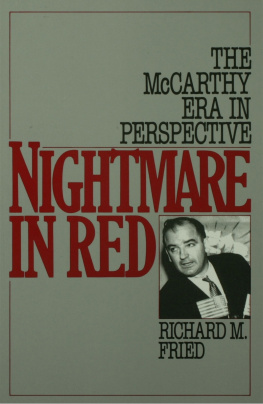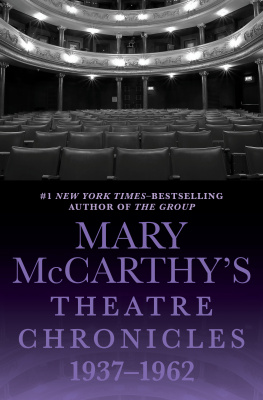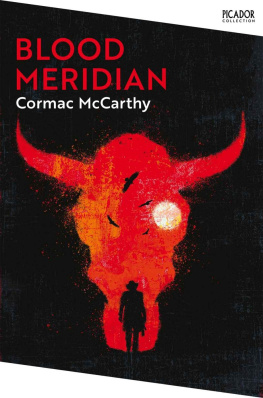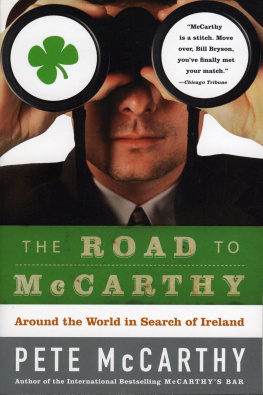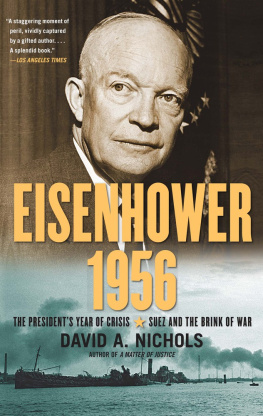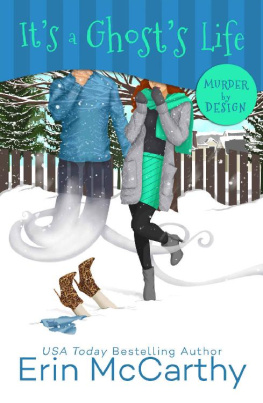Richard M. Fried grew up in Milwaukee, Wisconsin, observing the McCarthy years as a young teen, mostly as a Milwaukee Braves fan. After Amherst College, he earned his PhD in history at Columbia University. He taught U.S. History at UIC for forty years, specializing in the Cold War era. He was awarded two Fulbright lectureships, in Spain and Vietnam.
Besides Genius for Confusion, he is the author of four other books, including Nightmare in Red: The McCarthy Era in Perspective (1990), and his most recent book is The Man Everybody Knew: Bruce Barton and the Making of Modern America (Ivan R. Dee, 2005).
His wife Barbara and he have two children and seven grandchildren. They currently reside in Wheaton, Illinois. They are avid travelers.
M uch of this book was written in the Trump era. Comparisons are inevitable. In seeing affinities between McCarthy and Trump, I am far from alone or original. The two lived in different times, picked at (mostly) different sore spots, occupied dissimilar positions, and had very different backgrounds. Unlike Trump, Joe did not come from wealth. Of the two, he never bought into nativism.
Yet resemblances stand out. Websites have totaled lies by Trump that run to five-figure totals. Perhaps it was living through such a media drizzle that prompted me to perceive how remarkably often McCarthy lied. This is no Eureka finding either, but how fully lying filled his days and colored his contributions to public discourse merits emphasis. When caught in an error or even a lie, both men doubled down on untruth. Both also resorted to what one could term gossip; Joe was more covert in doing so. Both stonewalled investigations of their activities. Both had a genius for manipulating the media, even hostile media, and used those media to sow abuse on critics. Pundits drew parallels in the early stages of Trumps campaign for the Republican presidential nomination. Savants noted within a month of when he announced his candidacy that he played the media like McCarthy and that there was a similar ping-pong effect in the rhythm of his accusations and the replies coming from his targets. Each profited from what Maurice Rosenblatt labeled media phobofilia. Twitter adds immeasurably to the spread of such abuse today. The proscription of Trump from Twitter and other social media mere days before his term ended is a rough parallel to the shunning by the 1950s mass media of McCarthy after censure. The latter was not litigable.
Each of these political parvenus triggered talk of the threat of fascism. In McCarthys case, Europeans most commonly expressed such fears. This second time around, Americans are not so cocksure that Europeans exaggerate the threat and dont understand the U.S. system. And they are less reassured by the resilience of that system. In the 1950s, Paul Hughes convinced a few gullible foes that McCarthy and his henchmen were stockpiling arms in the Capitol basement. On January 6, 2021, some Trump followers carried weapons, not to mention Confederate flags and pro-Nazi regalia, into the halls of Congress.
Both men relied on and won Roy Cohns loyalty. Neither forgave or forgot a presumed wrong. Evening scores consumed much of their energy. Each had a desperate need for approval, applause, and attention, which to them were forms of love. I would also add suggestibility to the list of shared attributes. (Think of bleach injection therapy and, for McCarthy, the Beria caper.) McCarthy had nothing quite so potent as Fox News to rely on, but he did have friends in the media. Both politicians had followers who enabled and condoned their activities to and past the point where disaster beckoned. And both remained long immune to sanction because people who knew better, other political leaders, either saw short-term political benefits in tacit or sotto voce assent or suffered what Robert Griffith labeled the fear of honorable men. Both had their power reinforced by their ability, real or imagined, to arouse the grassroots against critics. An awareness that McCarthys electoral reach was overrated may have had a small role in his downfall; in Trumps case, failing of reelection spoke eloquently.
McCarthy and the broader phenomenon of McCarthyism did long-lasting damage. It remains to be seen how much long-term, or permanent, damage Trump and those tendencies on which his name is slathered, like a graffiti artists paint, will have left on the Republic. With eight days remaining in his term as I write this, one can only cross ones fingers.
These are the affinities that have struck me, but I have spared readers any such asides in the text. Other points of comparison I leave to themto pursue or ignore as they choose.
J oseph R. McCarthyJoe to all who loved or knew or merely met himwas born near Grand Chute, Wisconsin. His paternal grandfather, Stephen McCarthy, in flight from Irelands potato famine, had alit in upstate New York, working there until he could afford 320 acres of land in Center Township, in east central Wisconsin, a bit north of Appleton, which sits astride the Fox River above the north end of Lake Winnebago. He took up his land in 1858. This reversion to agriculture was a bit out of character for Irish immigrants of that time, most of whom clustered in growing American cities. He married a young neighbor of German extraction and prospered enough to move into a brick home and raise ten children. One of them, Timothy, with paternal help, bought a farm of his own nearby. In 1901, Tim married Bridget Tierney of Grand Chute, whose parents were Irish born too. They lived in the tight-knit Irish Settlement, a small enclave lapped by a sea of farmers of German descent. Some contemporaries remember that even Joe had an Irish brogue, as well as a stammer, in his teens; he would subsequently lose both, though he often imitated a brogue to entertain friends. Both parents had Irish accents; Joes siblings retained traces of one, and his paternal grandmother, a German immigrant who married Stephen P. McCarthy, came to speak English with more of a brogue than even her husbands.
Eventually focusing on dairying, Tim ran a thriving farm, which is to say the family had ample food, shelter, and, by one neighbors estimate, an average income. Tim never flashed money around but saved enough that neighbors found it plausible that he advanced Joe $10,000 for a campaign. The McCarthys raised various crops, plus chickens, horses, and cows. Their eight-room, two-story clapboard house would resound with the ruckus of seven active kids. The fifth of these was Joseph Raymond McCarthy, born on November 14, 1908. By all accounts, the McCarthys were hardworking, loving, and close. No family was ever happier, recalled one neighbor. Devout Catholics, they attended St. Marys, Appletons Irish Church. Bridget (Bid) strove to imbue her children with ambition and common sense. Whatever conclusions critics would draw from Joes later notoriety, there would seem nothing amiss in his upbringing.
Joes youth embraced the hard work of any farm, plus much roistering play. The family spread hosted a lot of wrestling, boxing, and roughhousing. (Joe brought some boxing gloves home from school and Tim showed the boys the rudiments of the fistic science.) Joe was perceived as a smart, fun-loving lad. Like his siblings, he attended the Underhill School, where one teacher taught all grades. A quick study, Joe finished seventh and eighth grades in one year. Though Tim and Bid had hopes their sons might go on to college, all the boysand many farm kids in the areaforswore high school. Joes brother Steve found lifetime employment at a paper mill; Bill became a truck driver in Chicago; Howard established a business as an auctioneer in Appleton. Joes three sisters all married and had children.
His entrepreneurial streak, work ethic, and ambition led Joe to launch a chicken-and-egg business. He worked on a neighbors farm until he had saved sixty-five dollars, enough to rent land from his father; he built his own chicken barn, bought laying hens, and sold eggs to grocery stores in the surrounding area. At first, his father drove him to his customers. As a teenager, he was gregarious, yet a bit of a rough diamond. Business took him to Appleton, where he stood out as a rube, wearing bib overalls. Some of the younger, more affluent kids there taunted him. Joe quickly amassed 12,000 chickens and soon was driving a truck to Chicago with his products. But at age nineteen disaster struck. Immobilized by flu, he hired local kids to tend his chickens; their work was slapdash, and disease spread among the flock. McCarthys business was wiped out.


